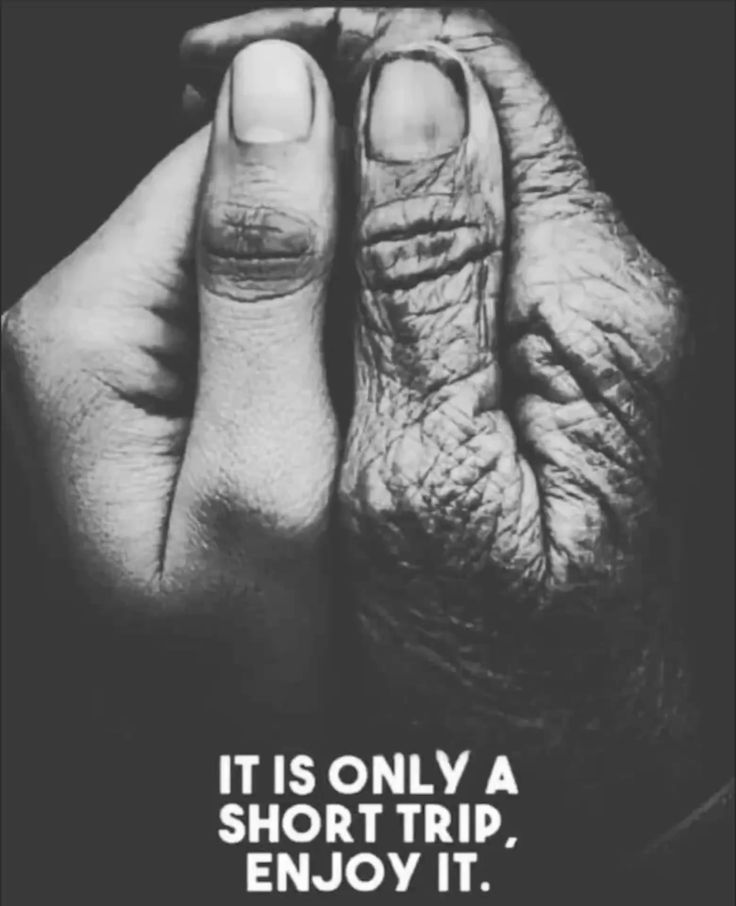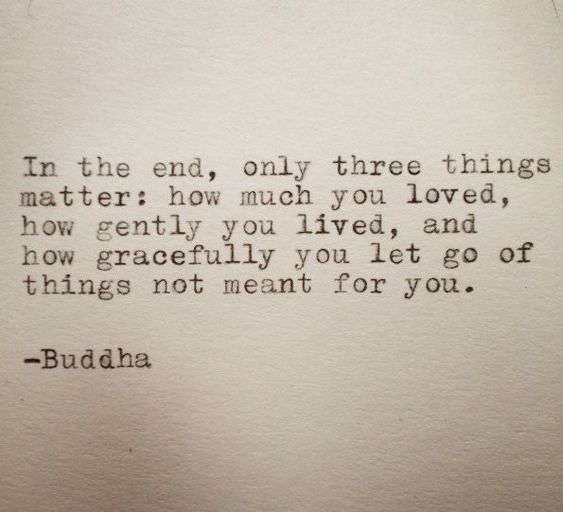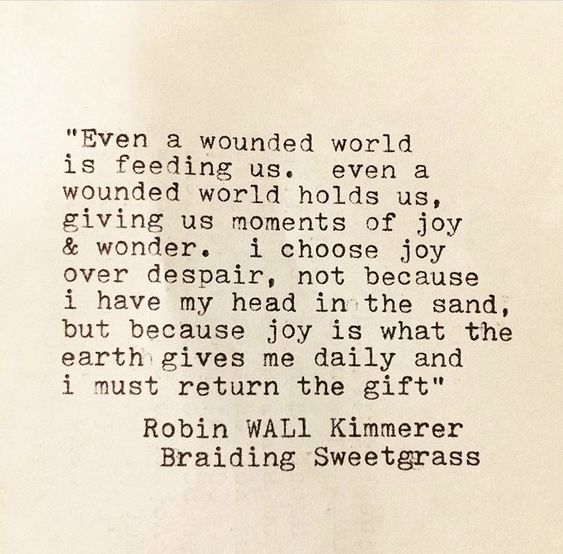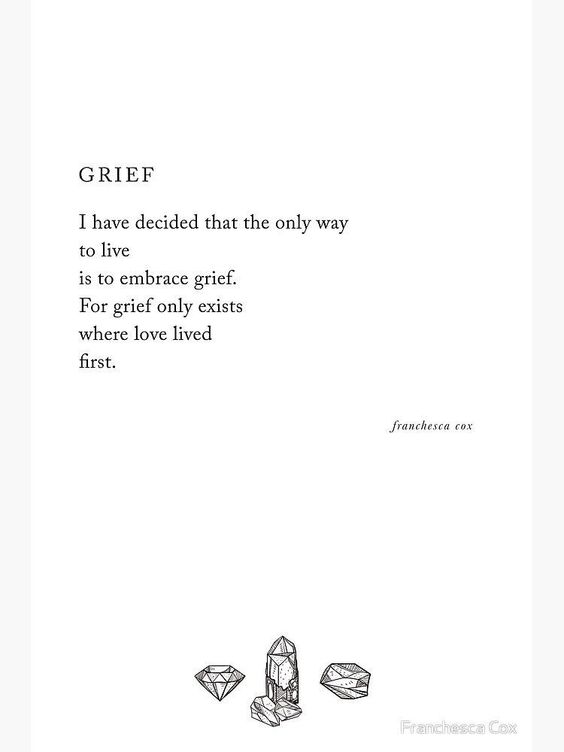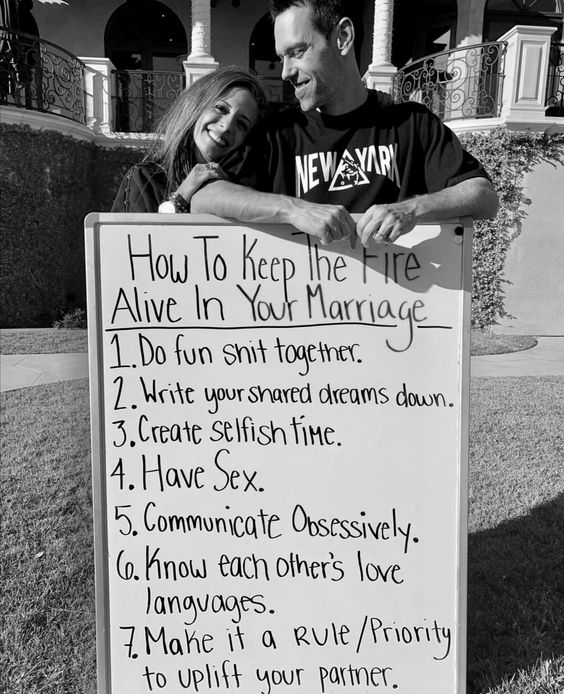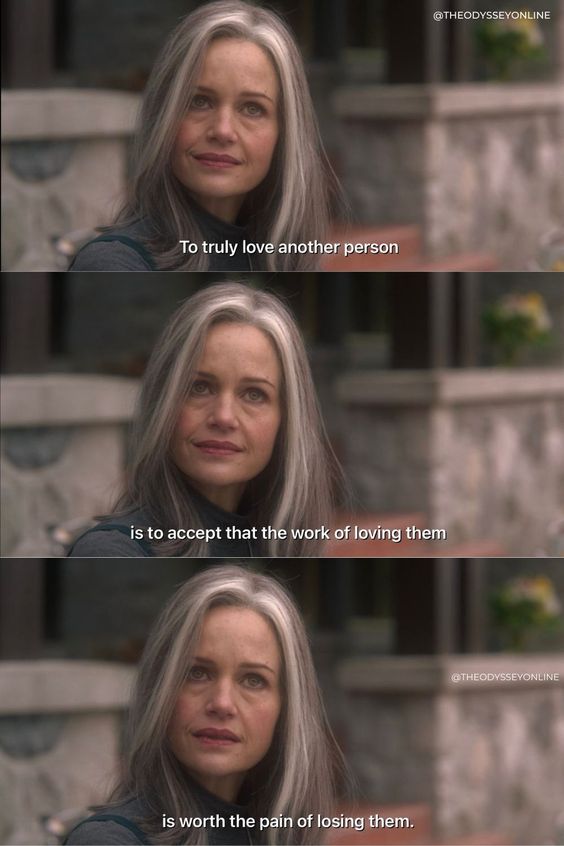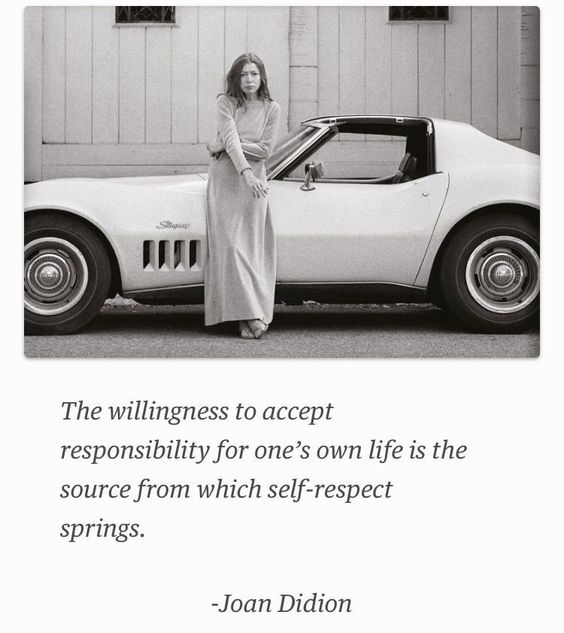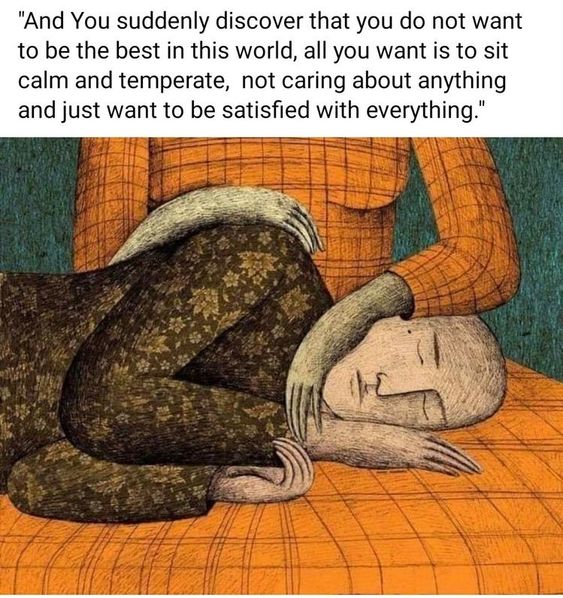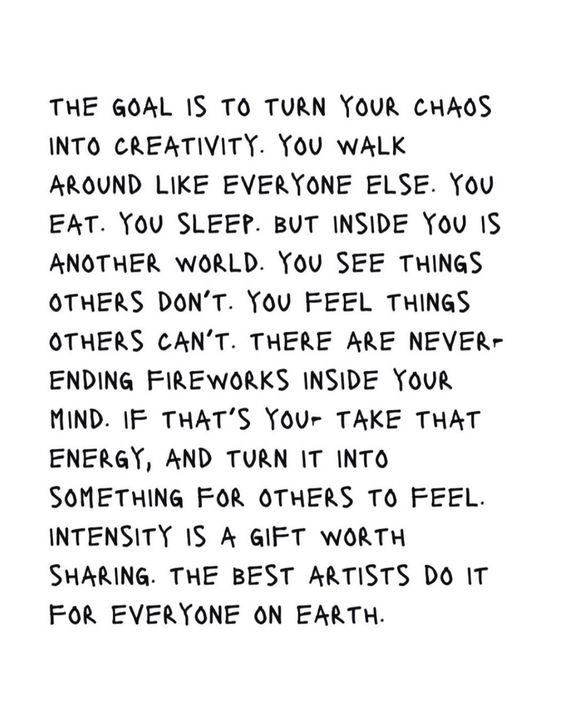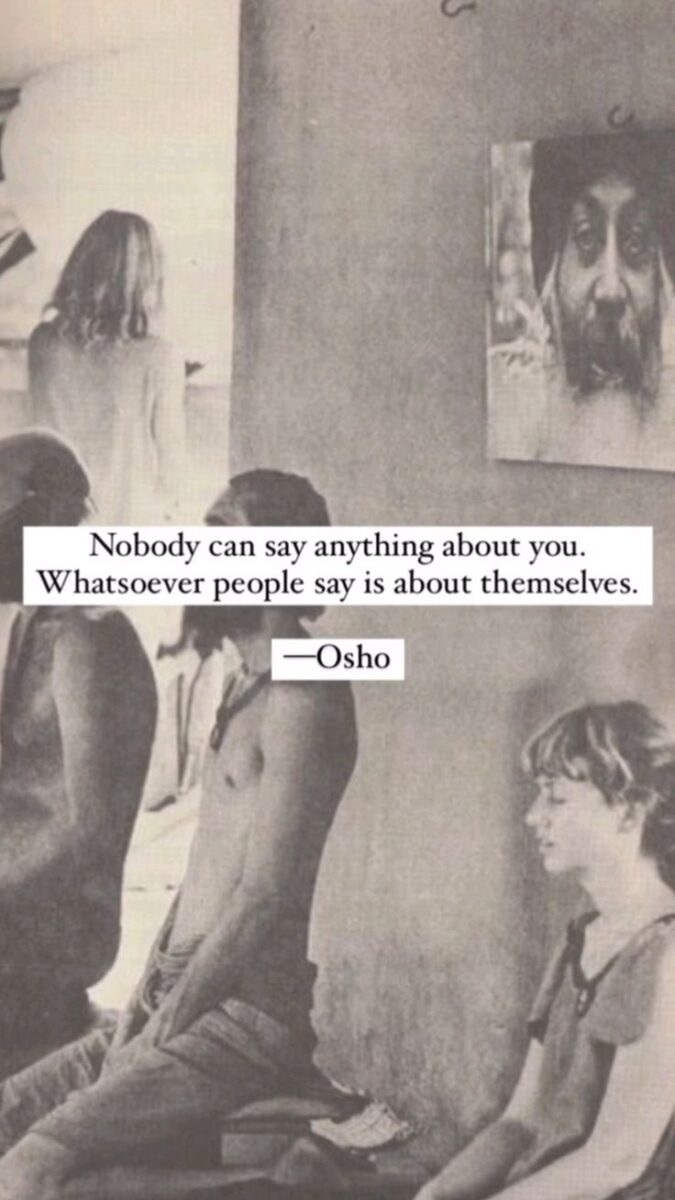“You slept on a slender pallet that night in Vegas. I was supposed to be sleeping next to you but I couldn’t because I was so happy. Your snores reminded me that you were alive. If you were alive and next to me, I had everything in the world I could ever want.”
Kiese Laymon, Heavy (Page 3)
“It ain’t no sin to be glad you’re alive.”
Bruce Springsteen, Badlands | Read Matt’s Blog on This Quote Here ➜
Heavy: An American Memoir [Book]
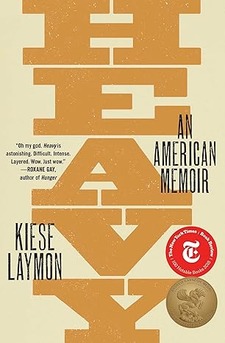
Book Overview: In Heavy, Laymon writes eloquently and honestly about growing up a hard-headed black son to a complicated and brilliant black mother in Jackson, Mississippi. From his early experiences of sexual violence, to his suspension from college, to time in New York as a college professor, Laymon charts his complex relationship with his mother, grandmother, anorexia, obesity, sex, writing, and ultimately gambling. Heavy is a “gorgeous, gutting…generous” (The New York Times) memoir that combines personal stories with piercing intellect to reflect both on the strife of American society and on Laymon’s experiences with abuse. By attempting to name secrets and lies he and his mother spent a lifetime avoiding, he asks us to confront the terrifying possibility that few in this nation actually know how to responsibly love, and even fewer want to live under the weight of actually becoming free.
“To succeed in the ‘outer world,’ you must discipline yourself to focus and concentrate, work hard at your job, take continuous action toward your goals, and become better and more capable as you move onward and upward in life. To succeed in the ‘inner world,’ however, requires almost the opposite abilities. To achieve inner peace, you must discipline yourself to let go of everything that can disrupt your sense of inner peace and contentment.”
Brian Tracy, No Excuses! (Page 286)
“If you want to have a friend, you must first be a friend. If you want people to like you, you should first like them. If you want people to respect you, you should first respect them. If you want to impress others, you should first be impressed by them. In this way, by approaching people indirectly, you appeal to their deepest subconscious needs.”
Brian Tracy, No Excuses! (Page 276)
“If your children lie to you, who has made them afraid to tell the truth?”
Unknown, via No Excuses! (Page 255)
“Love is by far the most important thing of all. It casts out fear. It is the fulfilling of the law. It covers a multitude of sins. Love is absolutely invincible. There is no difficulty that enough love will not cure; no disease that enough love will not heal; no door that enough love will not open; no gulf that enough love will not bridge; no wall that enough love will not throw down; no sin that enough love will not redeem. It makes no difference how deeply seated may be the trouble, how hopeless the outlook, how muddled the tangle, how great the mistake; a sufficient realization of love will dissolve it all. If only you could love enough you would be the happiest and most powerful being in the world.”
Emmet Fox, via No Excuses! (Page 256)
